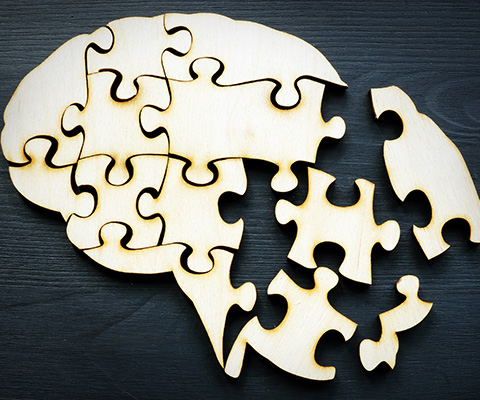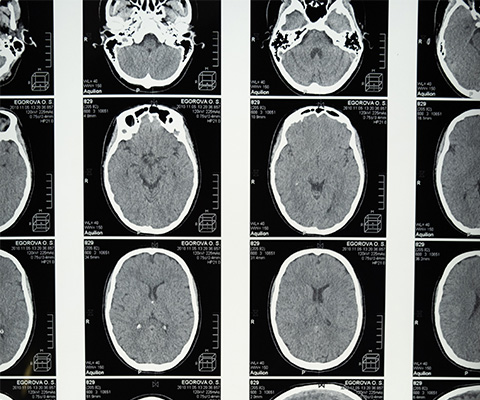Welcome
This site provides structured learning opportunities on the causes, symptoms, and treatment of traumatic brain injury (TBI). TBI is one form of acquired brain injury (ABI) resulting from an external force such as a fall or a car accident. The site also provides information and advocacy resources for nursing home residents diagnosed with TBI and their family members to ensure appropriate treatment and a successful community discharge.
Original Content
Original training materials were prepared by experts with extensive experience in brain injury rehabilitation and TBI training curriculum development at both state and national levels. Topic selection was guided by needs assessment surveys with Pre-Admission Screening and Resident Review (PASRR) assessors and past participants of a previous version of the Michigan TBI online training program.
Collaborative Development
Training materials were refined and improved collaboratively with significant input from an advisory committee representing diverse stakeholder groups, including brain injury educators, rehabilitation specialists, nursing facility staff, caregivers, and brain injury survivors. The Long-Term Care Division of the Michigan Department of Health and Human Services also provided valuable information support.
Dr. Waalkes - Certified Brain Injury Trainer
Supplementary video describing brain injury and recovery
People with TBI and their stories
Survivors and their family members generously shared their stories of living with brain injury to help others learn about working with people with TBI.
Register Today!
Available Courses
-
 Significance of ABI and Introductory Information on Brain Injury
Significance of ABI and Introductory Information on Brain Injury -
 The Cognitive Recovery Curve: Brain Injury Training for Non-Clinician Caregivers
The Cognitive Recovery Curve: Brain Injury Training for Non-Clinician Caregivers -
 Disorders of Consciousness and the Cognitive Recovery Curve: Advanced Training for Clinicians
Disorders of Consciousness and the Cognitive Recovery Curve: Advanced Training for Clinicians -
 Negative Health Complications Associated With TBI and How to Prevent Them
Negative Health Complications Associated With TBI and How to Prevent Them -
 How to Find and Use Public Services
How to Find and Use Public Services -
 Discharge Planning and How to Find and Use Public Services: Training for Clinicians
Discharge Planning and How to Find and Use Public Services: Training for Clinicians

